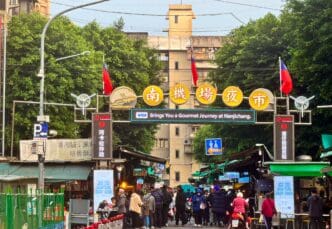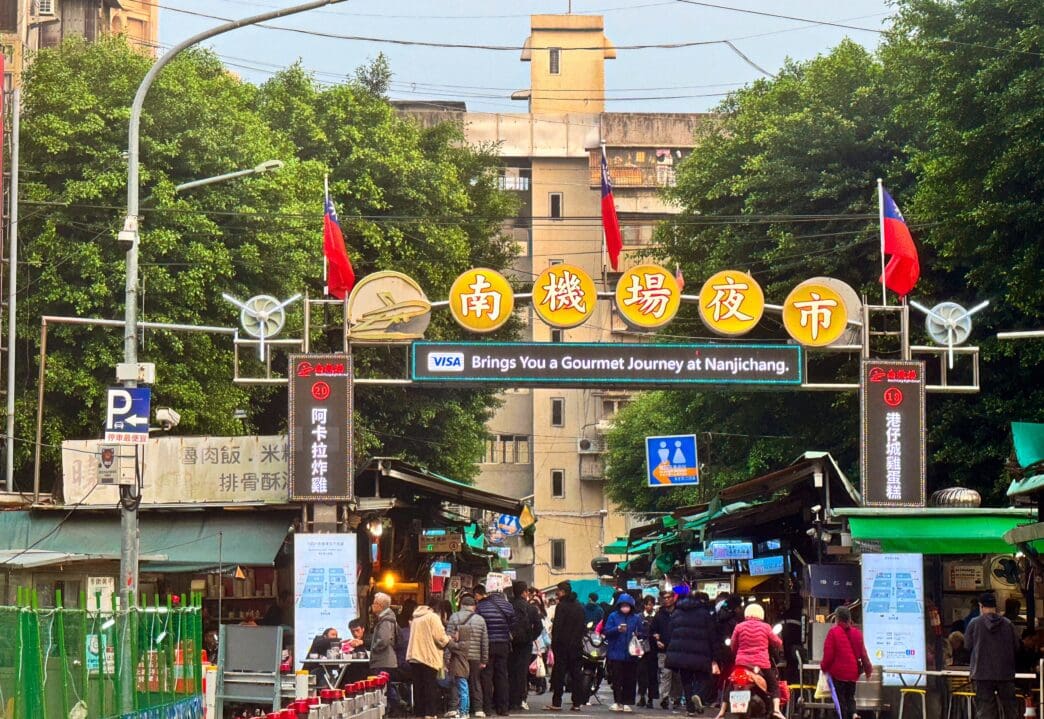Executive Summary
The Story So Far
Why This Matters
Who Thinks What?
China’s state news agency Xinhua published a commentary on Monday, October 27, 2025, outlining a framework for Taiwan’s future after reunification with the mainland, emphasizing “patriots governing Taiwan” and significant economic incentives. The article, appearing under the pseudonym Zhong Tai Wen, promised duty-free access for all Taiwanese products into the mainland market, alongside protections for the island’s social system, private property, religious beliefs, and legal rights.
“Patriots Governing Taiwan” Framework
The commentary asserted that following a peaceful reunification, Taiwan would be governed by patriots and granted a high degree of autonomy. This concept of “patriots governing Taiwan” mirrors the “patriots governing Hong Kong” principle, which has been previously discussed in academic circles in mainland China.
Xinhua’s piece, the second on Taiwan under the Zhong Tai Wen byline, also stressed the importance of a “mental bonding of compatriots” across the Taiwan Strait, indicating a desire for more than just a formal reunification.
Economic and Social Assurances
Beyond the political framework, the state media outlet detailed several assurances for Taiwan’s population. It pledged full respect for Taiwan’s current social system and way of life, ensuring continuity in daily affairs.
Economically, the most prominent incentive offered was tariff-free status for all Taiwanese products entering the mainland market. Socially, the commentary explicitly stated that private property, religious beliefs, and legal rights in Taiwan would be protected post-reunification.
Key Takeaways
These pronouncements from Xinhua, a key voice of the Chinese government, offer a detailed glimpse into Beijing’s proposed governance model and incentives for Taiwan in the event of reunification. The emphasis on both political control through “patriots” and substantial economic and social guarantees underscores China’s multifaceted approach to its long-standing claim over the self-governed island.








